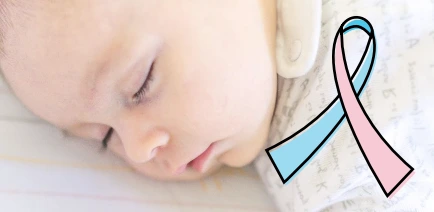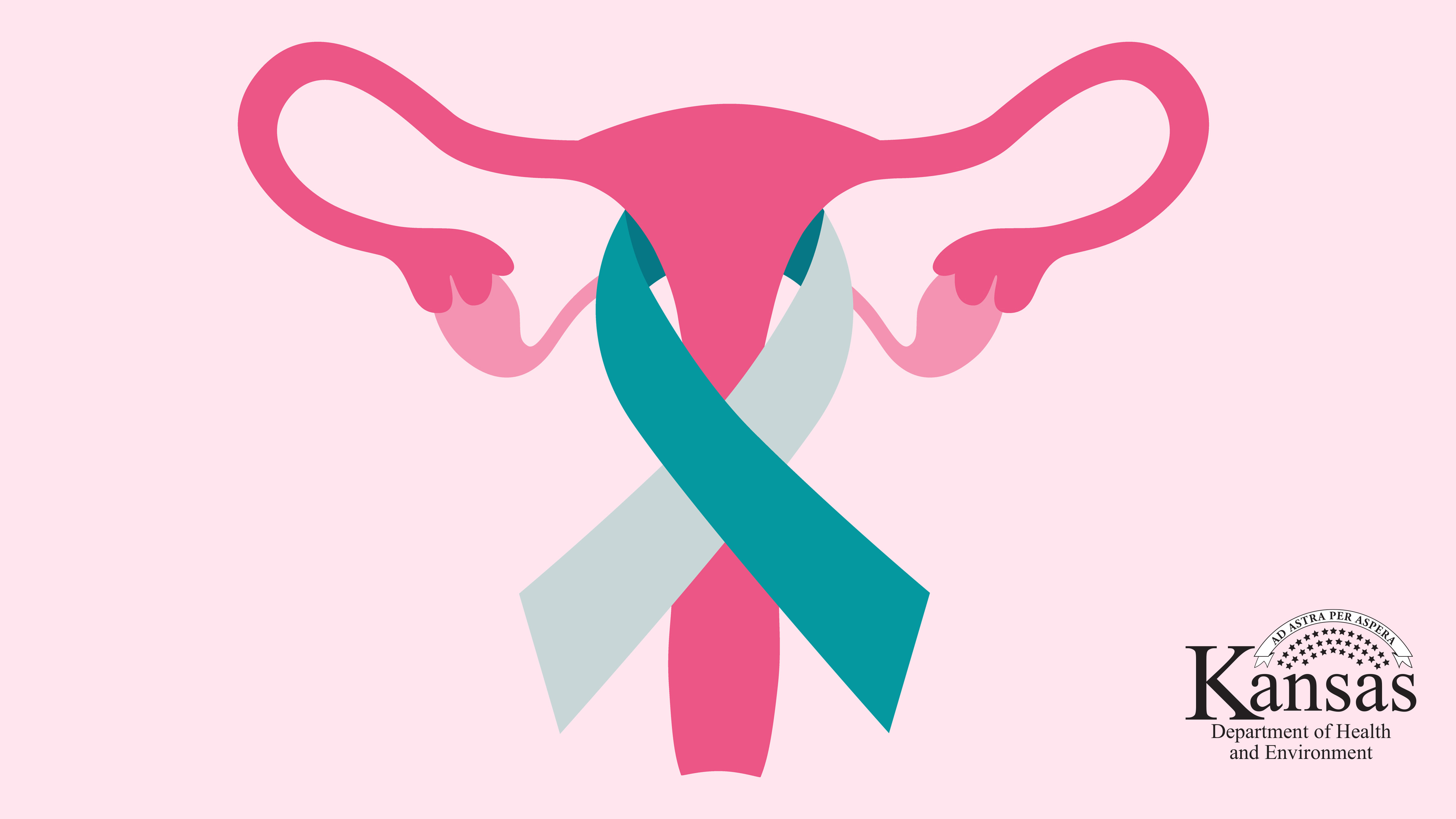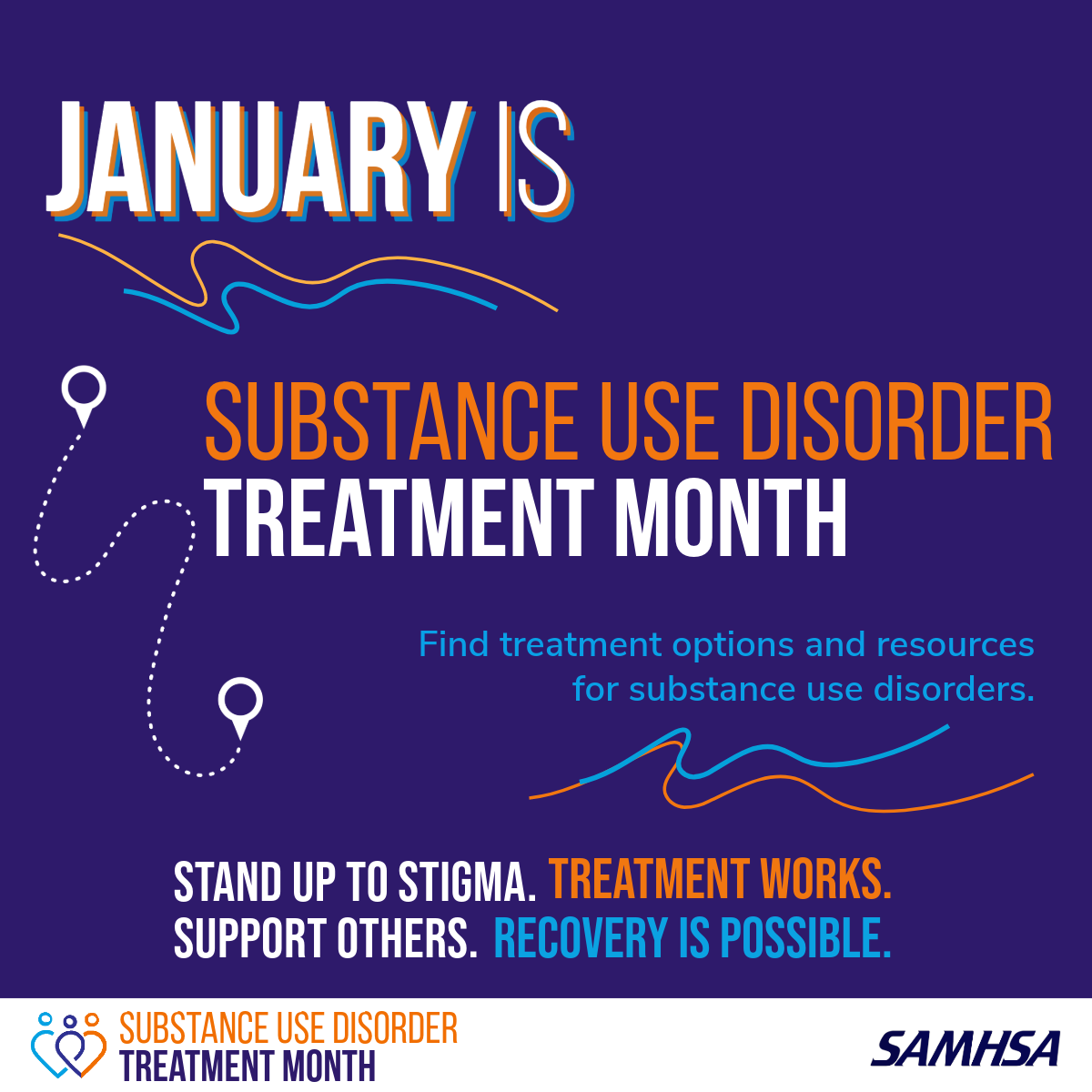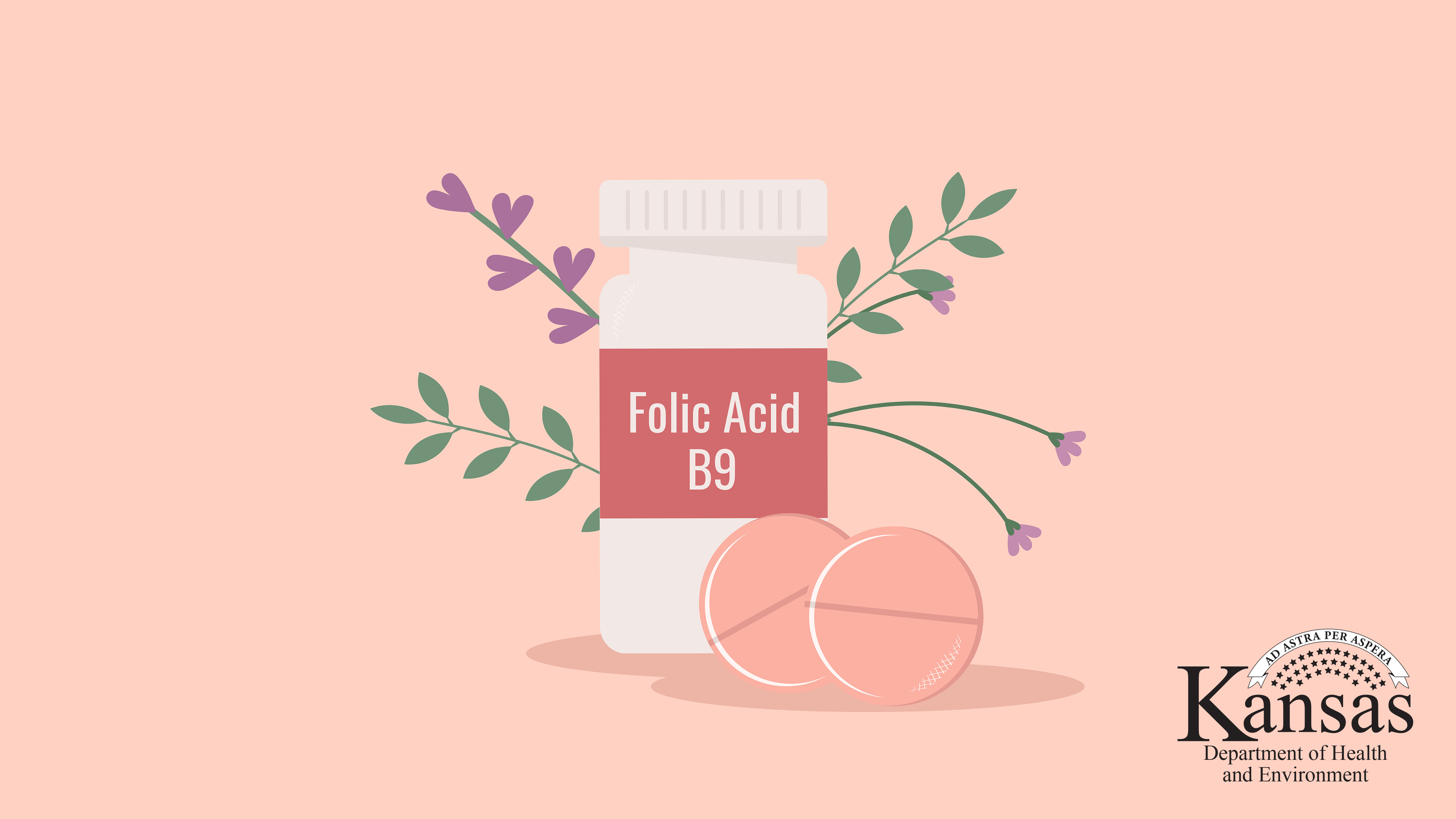February is Preconception Health Awareness Month
Preconception Health Awareness Month is an opportunity for health care professionals to re-familiarize themselves with the recommended components and importance of well-woman visits.
In recognition of February as Preconception Health Awareness month, KDHE has developed the attached Action Alert and social media graphics for your use. Please share this information with the individuals you serve, your colleagues, collaborative community partners and on your social media platforms.
February is Prenatal Infection Awareness Month
Prenatal Infection Prevention Month is a worldwide observance to promote awareness of infections transmitted from mother to baby. According to research, up to 24% of stillbirths in developed countries, like the US, result from infection.
In recognition of February as Prenatal Infection Prevention Month, KDHE has developed the attached Action Alert and social media graphics. Please share this important health information throughout the month with the individuals you serve, your colleagues, collaborative community partners, and on your social media platforms.
February is Teen Dating Violence Awareness Month
February is Teen Dating Violence Awareness Month. Health care professionals help us shine a light on this critical issue affecting our youth. Every February, we come together to raise awareness, promote healthy relationships, and empower young individuals to recognize and combat teen dating violence. Dating violence also known as "intimate partner violence" takes place not only in person, but online, and through technology.
In recognition of February as Teen Dating Violence Awareness Month, KDHE has developed the attached Action Alert and social media graphics. Please share this important health information throughout the month with the individuals you serve, your colleagues, collaborative community partners, and on your social media platforms
April is Caesarean Awareness Month
Approximately 1.3 million women in the United States undergo a caesarean section each year, making it the most common surgical procedure in the country. A cesarean section, or a c-section, is a surgical procedure that involves delivering a baby through both an abdominal and uterine incision. Cesarean sections are not without risks. The maternal death rate is higher for cesarean deliveries (2.2 per 100,000) compared to vaginal deliveries (0.2 per 100,000), with the difference potentially related to the mode of delivery. However c-sections can also be a life-saving intervention, when medically indicated. This emphasizes the need to reduce the risk for unnecessary cesareans while simultaneously supporting medically indicated c-sections. Our job as healthcare professionals and educators is to provide accurate, non-judgmental healthcare information and support families in making their own well-informed decisions.
In recognition of April as Caesarean Awareness Month, KDHE has developed the attached Action Alert and social media graphics. Please share this important health information throughout the month with the individuals you serve, your colleagues, collaborative community partners, and on your social media platforms
May is World Maternal Mental Health Month
May is World Maternal Mental Health Month! Mental Health conditions are the most common complication of pregnancy and childbirth and are a leading cause of maternal mortality and morbidity, both nationwide and in Kansas.
During Women's Health Month, the Kansas Maternal and Child Health Council (KMCHC) encourages you to spread the word about the importance of understanding mental health for pregnant and postpartum women. KDHE has designed social media graphics with accompanying caption messages to be shared throughout the month of May.
Women's Health Month and Well-Woman Visits
May is Women's Health Month! Take control of your health and empower the women and girls in your life to do the same.
During Women's Health Month, the Kansas Maternal and Child Health Council (KMCHC) encourages you to spread the word about the importance of annual well-woman visits, especially related to forming healthy habits among adolescents. KMCHC has designed social media graphics with accompanying caption messages to be shared throughout the month of May.
Preeclampsia Awareness Day Toolkit
With maternal morbidity and mortality rates at alarming levels, and the recognition that 60% of preeclampsia related deaths are preventable, it is important to educate patients and their families and follow best practices. To raise understanding around preeclampsia during the month of May, KMCHC encourages you to incorporate resources in this toolkit into your public awareness campaigns.
Birth Trauma Awareness
July 16-22 is Birth Trauma Awareness Week!
Birth trauma is any physical or emotional distress experienced during or after childbirth. It is important to remember that what may be considered routine to some could be a distressing or traumatic experience to others.
According to the National Institutes of Health, up to 45% of new mothers experience birth trauma—and the effects can continue long after the birth itself.
Group B streptococcus Awareness
July is Group B Streptococcus Awareness Month!
Group B streptococcus (GBS) is a type of bacteria that many people carry normally in their body. Most of the time the bacteria do not cause any symptoms or make people feel sick. About 1 in 4 pregnant people carry GBS bacteria. Undiagnosed or left untreated, GBS in pregnancy can be dangerous because it can be passed to baby during birth and cause serious illness. In fact, GBS is the leading cause of newborn infection.
KMCHC encourages you to help raise awareness during the month of July with social media deliverables created by KDHE.
August is National Breastfeeding Month
Breastfeeding is important! Breastfeeding protects both babies and mothers from a variety of diseases and conditions, as well as protecting the environment and economy.
Greater support is needed for breastfeeding in Kansas. During National Breastfeeding Month in August, use the social media graphics and messages in the toolkit to share about the importance of and resources for breastfeeding.
Safe Sleep
Sleep-related death is the leading cause of death for infants from one month to one year. Remember the ABCs of Safe Sleep: Alone, on the Back, and in a Crib.
The Kansas Maternal and Child Health Council (KMCHC) wants to get the message out about safe sleep trainings and evidence-based recommendations for safe sleep. KMCHC has developed an introduction letter for health providers, as well as flyers with information about safe sleep training and data that can be shared with your organization and community.
Medical Homes
"A medical home is an approach to providing comprehensive primary care that facilitates partnerships between patients, clinicians, medical staff, and families. A medical home extends beyond the four walls of a clinical practice. It includes specialty care, educational services, family support and more." - AAP National Resource Center for Patient/Family-Centered Medical Home
The Kansas Maternal and Child Health Council (KMCHC) encourages you to learn about building a medical home and share information about the seven aspects of medical homes. Take a self-assessment to learn what could be implemented in your practice or organization to become a medical home.
Pregnancy & COVID-19
The circulation of highly contagious variants, the low vaccine uptake among pregnant women, and the increased risk of severe illness and pregnancy complications related to COVID-19 infection among pregnant women make vaccination for the pregnant population and their partners more urgent than ever.
The CDC recommends COVID-19 vaccination for people who are pregnant, recently pregnant (including those who are lactating), who are trying to get pregnant now, or who might become pregnant in the future.
This toolkit from KDHE contains social media graphics, messaging, and resources for both patients and providers.
September is Suicide Prevention Awareness Month
All September, mental health advocates, prevention organizations, survivors, allies and community members unite to promote suicide prevention awareness. National Suicide Prevention Week is the Monday through Sunday surrounding World Suicide Prevention Day. It’s a time to share resources and stories, as well as promote suicide prevention awareness. World Suicide Prevention Day is September 10. It’s a time to remember those affected by suicide, to raise awareness and to focus efforts on directing treatment to those who need it most.
September 8-14 is Folic Acid Awareness Week
National Folic Acid Awareness Week, observed during the second week of September, brings much-needed attention to this crucial vitamin that is especially important to women who are either pregnant or may become pregnant. Folic acid is a B vitamin that every cell in the body needs for healthy growth and development. Taken before pregnancy and during early pregnancy, folic acid can help protect baby from developing neural tube defects (NTD).
The Kansas Department of Health and Environment created these graphics and sample posts to help you raise awareness about Folic Acid in Pregnancy. Posts can be customized to include your community-specific information. Hashtag suggestion: #InMyFolicAcidEra #FolicAcidAwarenessWeek2024
September is National Baby Safety Month
Child injury is among the most under-recognized public health problems facing our country today. 2018 Kansas Vital Statistics data shows that unintentional injuries are the leading cause of death for children 1-4 years of age, with most of these injuries being predictable and preventable. During Baby Safety Month, take the opportunity to provide additional focus and education on the prevention of childhood injuries and death.
Included in this action alert are statistics, tips for preventability, provider and patient resources, including resources specific to Baby Safety Month and pre-made social media posts. We hope that you find these resources helpful and will put them to good use!
Mental Health and Suicide Prevention Awareness
September is Suicide Prevention Awareness Month and May is Mental Health Awareness Month!
Everyone has a role to play in adolescent suicide prevention - parents, family members, school employees, coaches, health care professionals, friends, and community members. During Mental Health Awareness Month (May) and Suicide Prevention Awareness Month (September), the Kansas Maternal and Child Health Council (KMCHC) encourages you to spread the word about the importance of taking action to prevent suicide using our social media graphics.
September is Newborn Screening Awareness Month
Newborn screening is an essential public health service that allows health professionals to identify and treat rare conditions. When these conditions are identified and treated early, it saves lives, saves money from health complications and repeated hospitalizations associated with these disorders, and prevents intellectual disabilities. Unfortunately, many parents do not understand what newborn screening is, nor its importance. With September being recognized as National Newborn Screening Awareness Month, we can all do our part in educating parents and promoting awareness.
In collaboration with the Newborn Screening (NBS) program, KDHE has developed this Action Alert Toolkit.
September is Childhood Obesity Month
According to the CDC, about 1 in 5 (19%) children in the United States has obesity. National Childhood Obesity Awareness Month provides a chance to learn more about this serious health condition, share messages to promote healthy growth, and prevent obesity in children.
We invite you to share resources on social media during the month of September. Modeled after the #MoveYourWay campaign from the CDC, find sample graphics and messages here. Additional CDC resources are also available here.
October is Youth Substance Use Prevention and
Substance Misuse Prevention Month
Many adults who have a substance use disorder started using substances in their teenage years. In fact, Kansas teens aged 15 - 17 represented 69% of drug - related deaths 2017 - 2021.
It is important that health care providers offer education to younger patients and their families, review safe prescribing practices and consider alternative treatments to substance misuse where appropriate. If necessary, these providers can conduct universal substance use screening for adolescents and connect them with treatment.
October is Infant and Pregnancy Loss Awareness Month
Every year in the U.S. 24,000 babies are born still, according to the CDC. That means a baby is born still every 22 minutes. Data also shows that a disproportionate number of babies are born still to Non-Hispanic Black mothers.
This month use the KDHE Action Alert Toolkit to raise awareness about ways to reduce stillbirth, such as with the Count the Kicks app, and reduce disparities in stillbirth.
October is National SIDS Awareness Month
In Kansas, Sudden Unexplained Infant Death (SUID) is the second leading cause of infant death. With October being recognized as National SIDS Awareness Month, take this opportunity to provide additional focus and education on SIDS risk factors and the prevention of sleep related deaths.
In this action alert, find: statistics, tips for preventability, provider and patient resources, and pre-made social media posts. We hope that you find these resources helpful and will put them to good use!
November is National Homeless Youth Awareness Month
In 2021, youth under the age of 18 made up roughly 18% of the unhoused or homeless population in the United States. Often youth are exposed to conditions that make them more vulnerable to risks for respiratory diseases, trauma, mental illness, substance use and misuse and sexually transmitted diseases.
This November, let's unite to raise awareness, provide support, and work towards a future where no young person has to endure the hardships of housing insecurity.
November is World Prematurity Month
Rates of premature births are continuing to climb in the United States, with 1 in 10 babies being born before 37 weeks gestation. While Kansas falls slightly below the national average for prematurity at 10.1%, large disparities exist with Black mothers experiencing premature deliveries 51% more often than those of other races. Factors such as inadequate health care coverage, poverty, chronic disease and smoking, as well as inadequate prenatal education are identified as being contributing factors of premature births.
Use the data, resources, and social media posts in this toolkit throughout November to observe World Prematurity Month, learn more, and share information about prematurity and how it can be prevented.
January is Cervical Cancer Awareness Month
Cervical Cancer Awareness Month every Januarary is a chance to equip young women with the awareness and tools to prevent cervical cancer. Almost all cervical cancers are caused by the human papillomavirus (HPV). Genital HPV can be passed through sexual activity. It's important to note that HPV doesn't only happen to women; men can also contract HPV. HPV starts in the cells of the cervix and can cause most cervical cancers. It can develop slowly over time, if not addressed it can spread to surrounding areas. Find more information on Cervical Cancer here.
January is Substance Use Disorder Treatment Month
Substance Use Disorder Treatment Month (Treatment Month), launching January 2025, serves to support:
- People contemplating or seeking help for their substance use.
- Practitioners treating or considering treating substance use disorder.
- Friends, family, and loved ones of those with substance use conditions.
January is Birth Defects Awareness Month (BDAM)
A birth defect is defined as a condition present at birth that affects the structure or function of the body. Most often, birth defects develop during the first three months of pregnancy Every 4.5 minutes a baby is born with a birth defect in the United States. That means nearly one in every 33 babies is affected by birth defects each year.Help us to raise awareness for these conditions this January during #BirthDefectsAwarenessMonth by utilizing this Action Alert and social media toolkit. Share the resources and graphics with the individuals you serve, your colleagues, collaborative community partners and on your social media platforms.
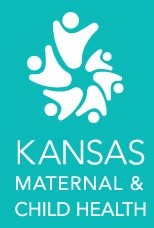
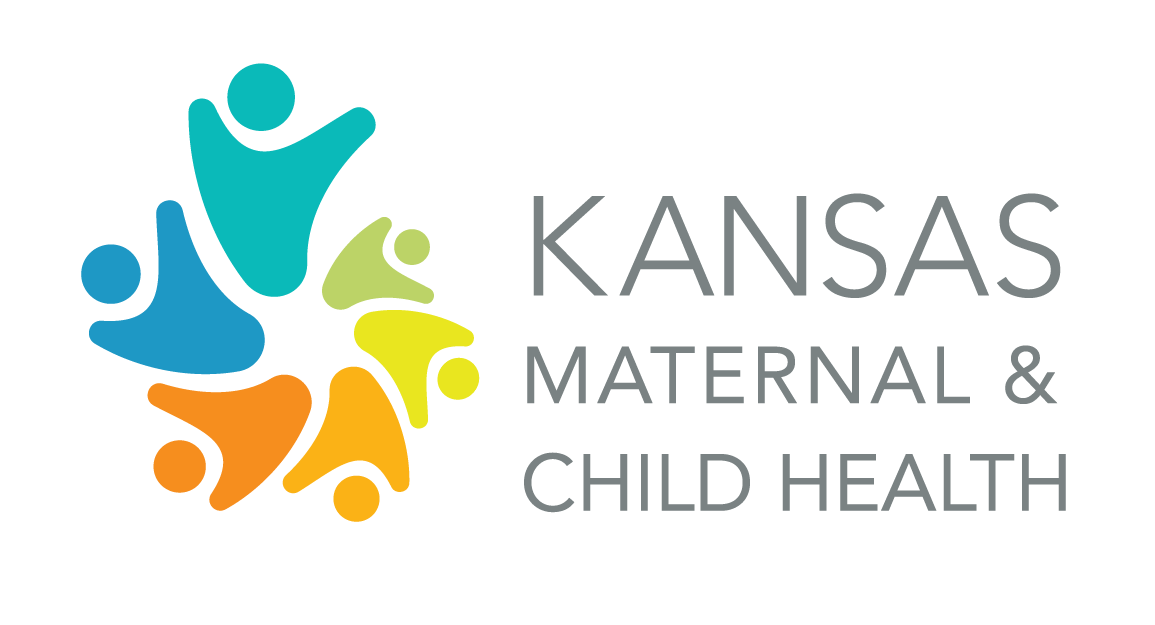

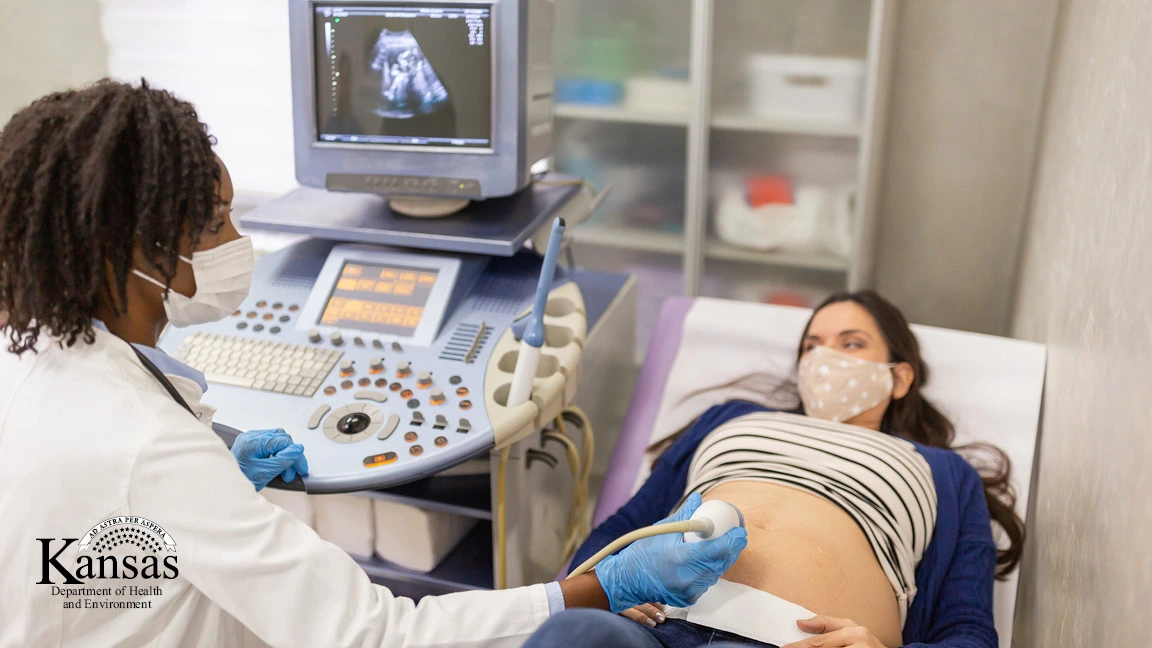
.png)
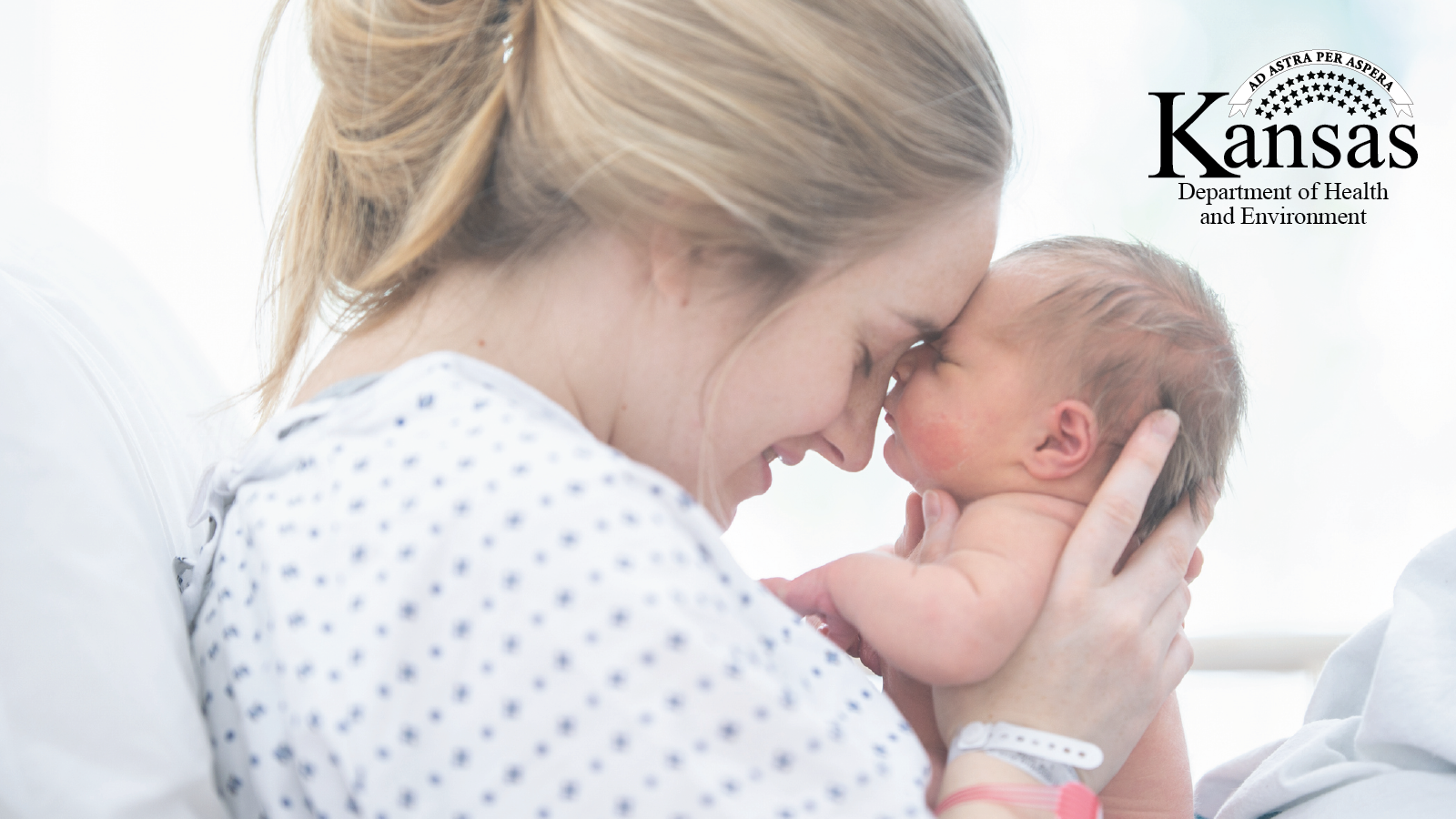
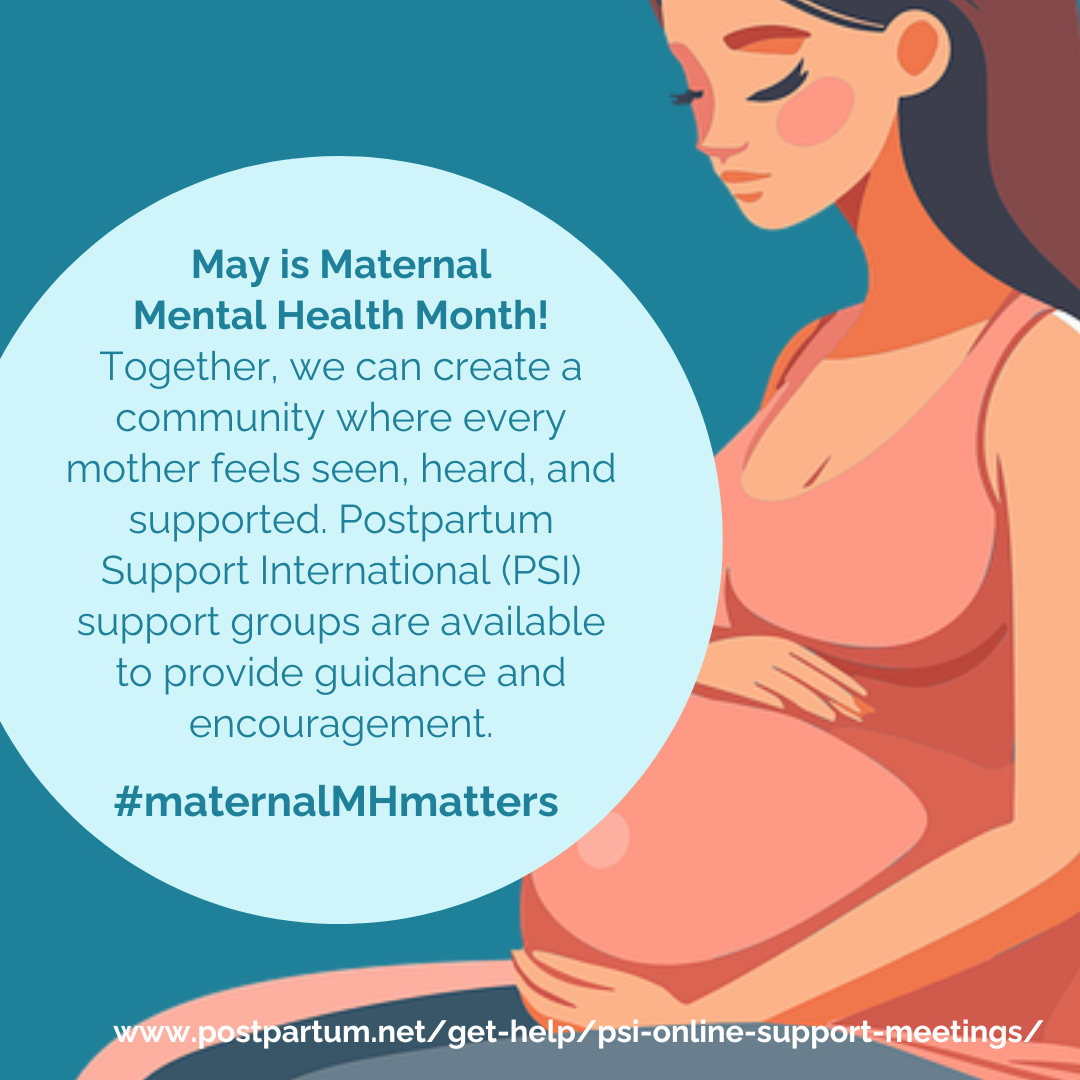
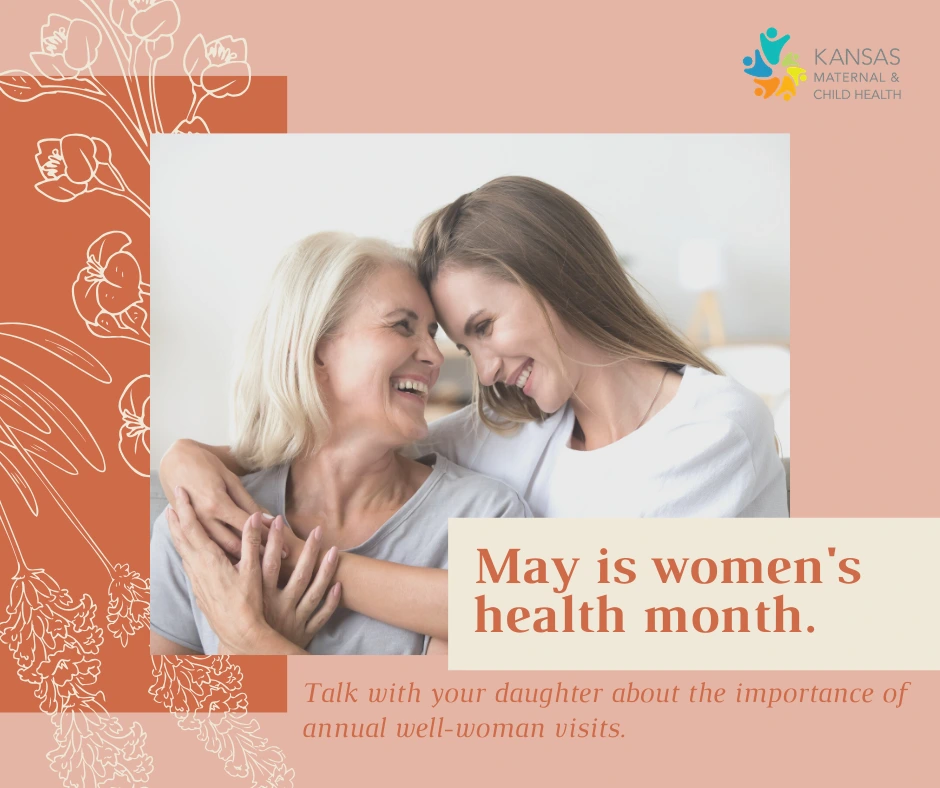
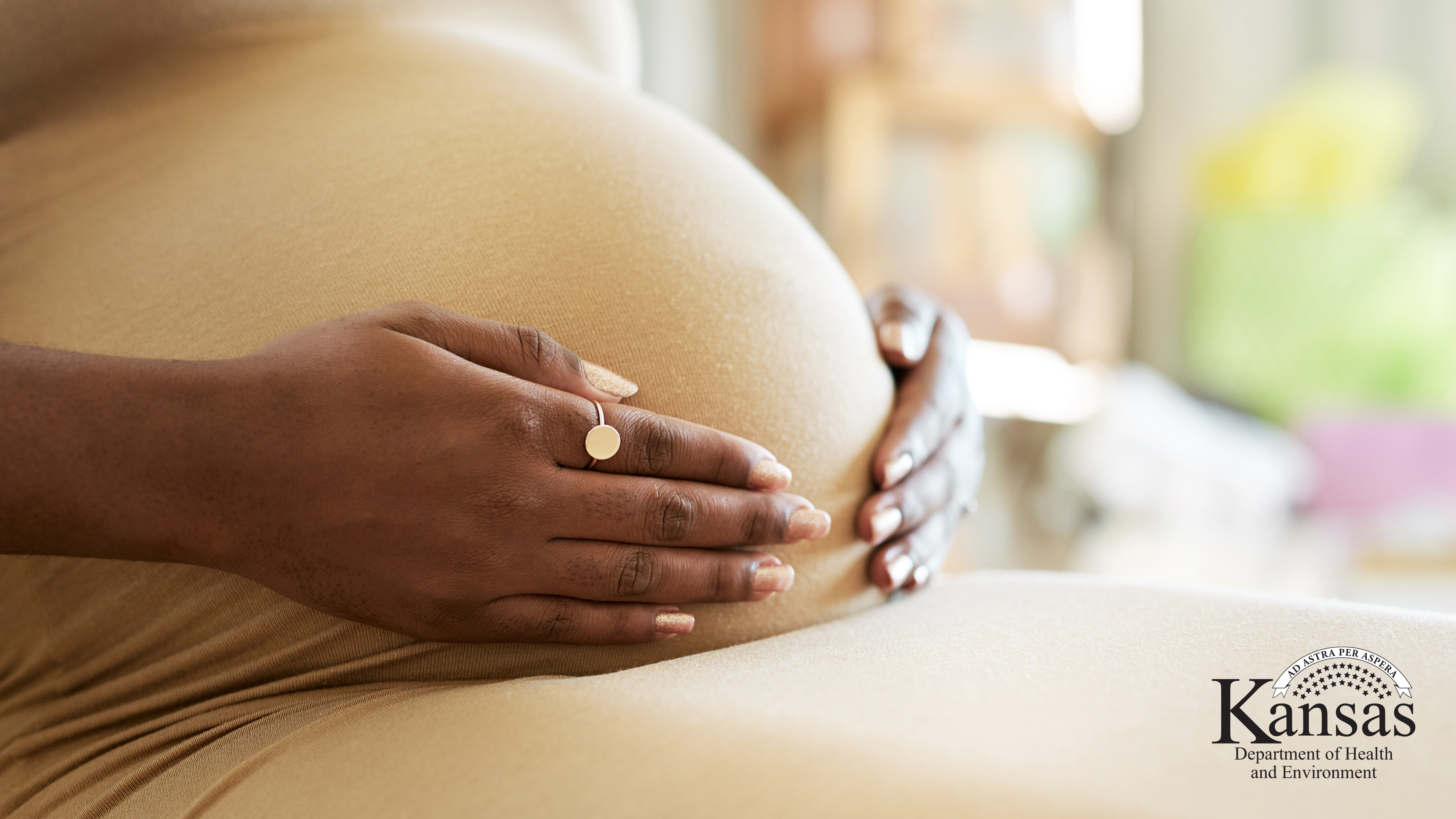
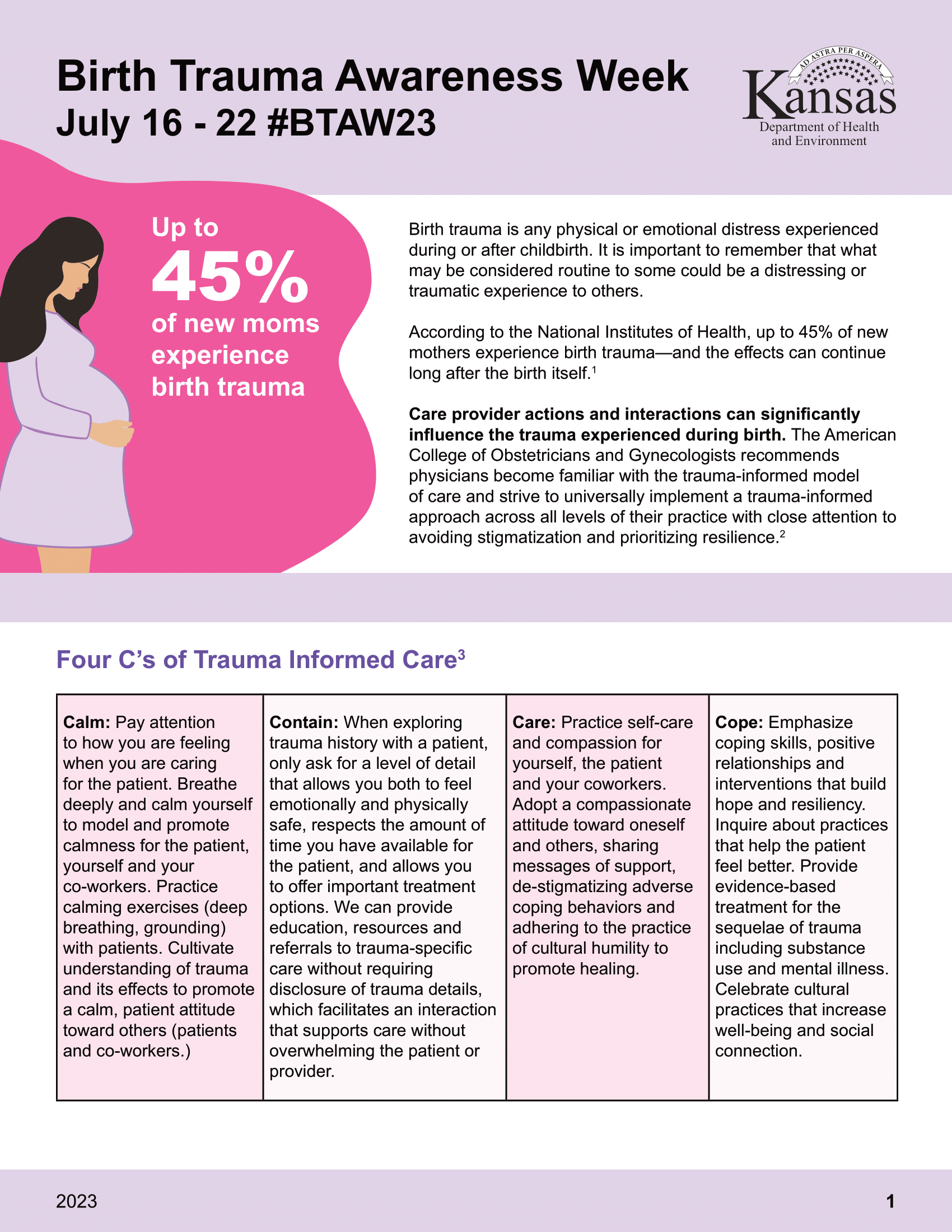
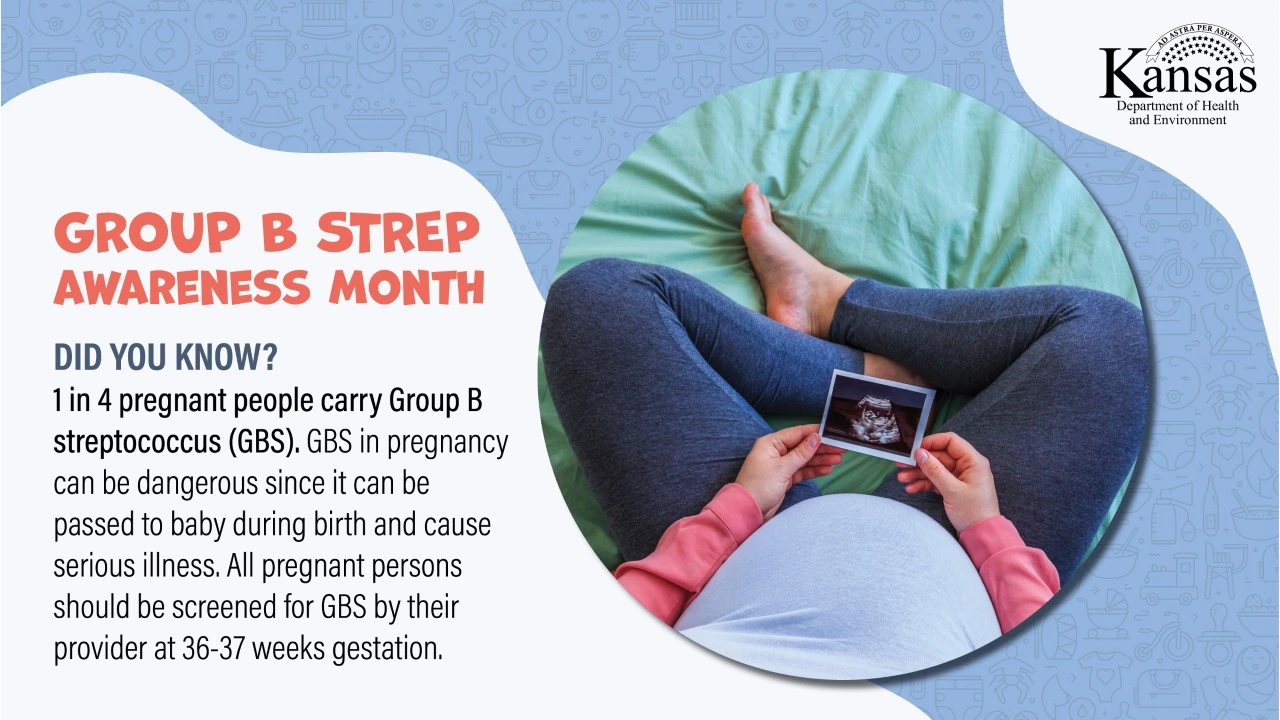
.png)
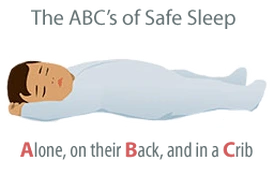
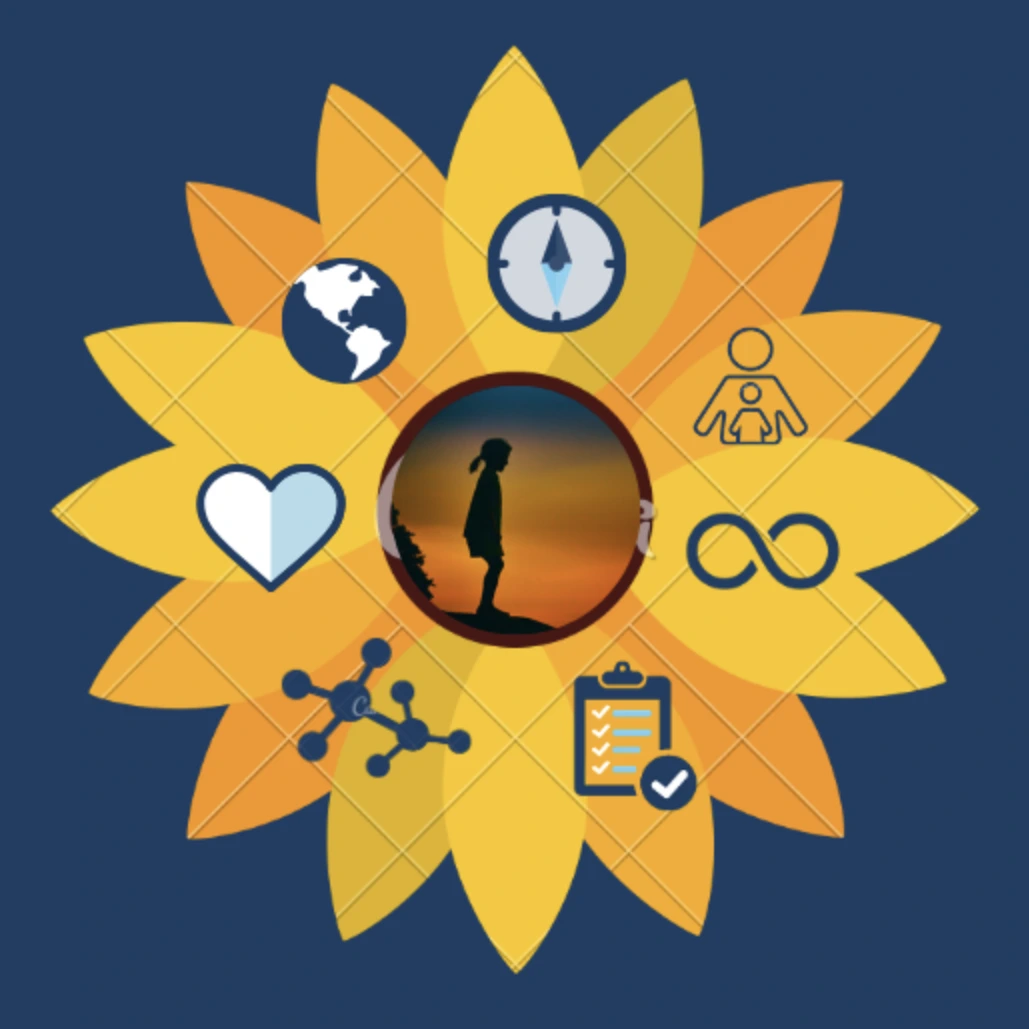

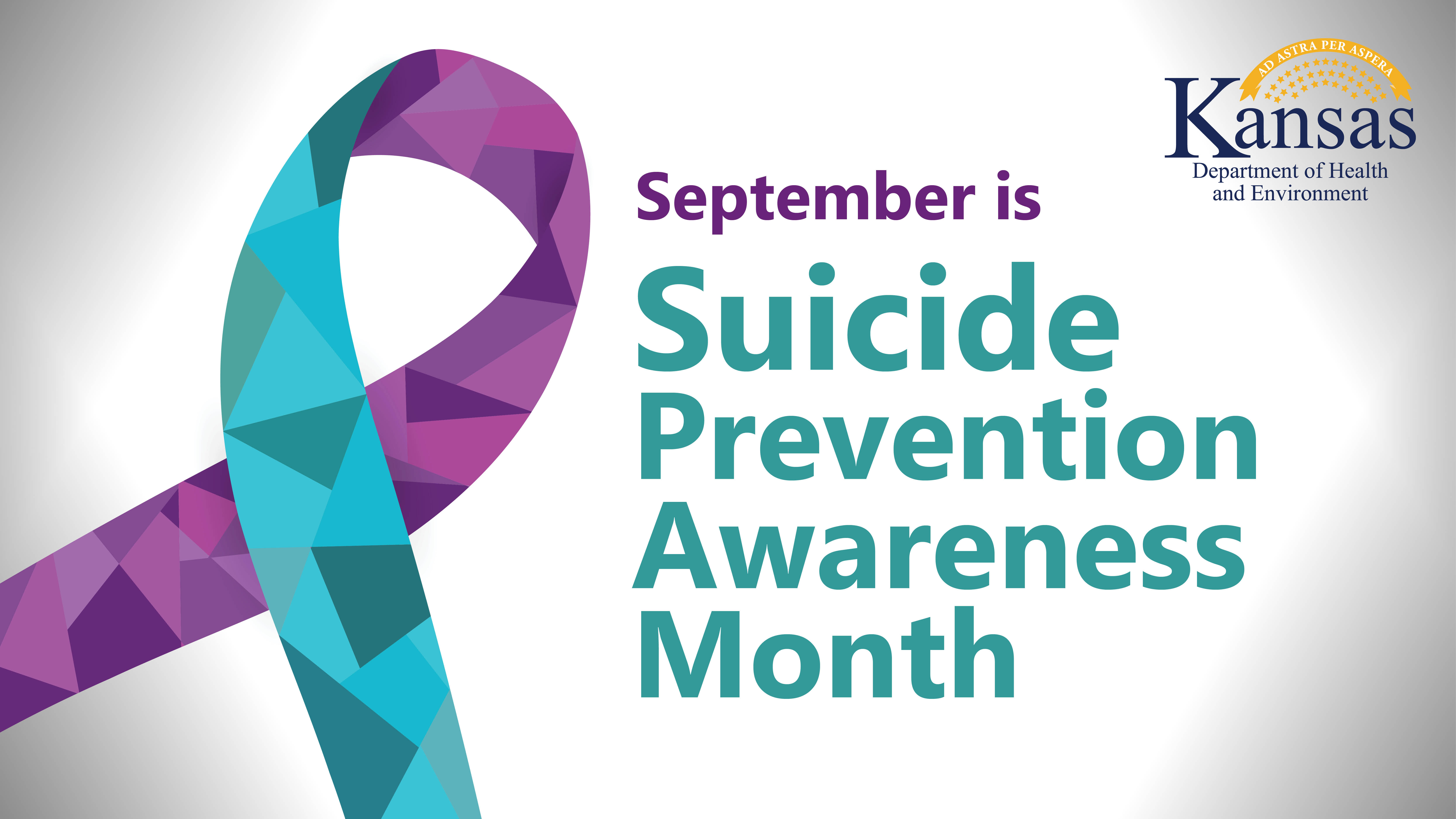
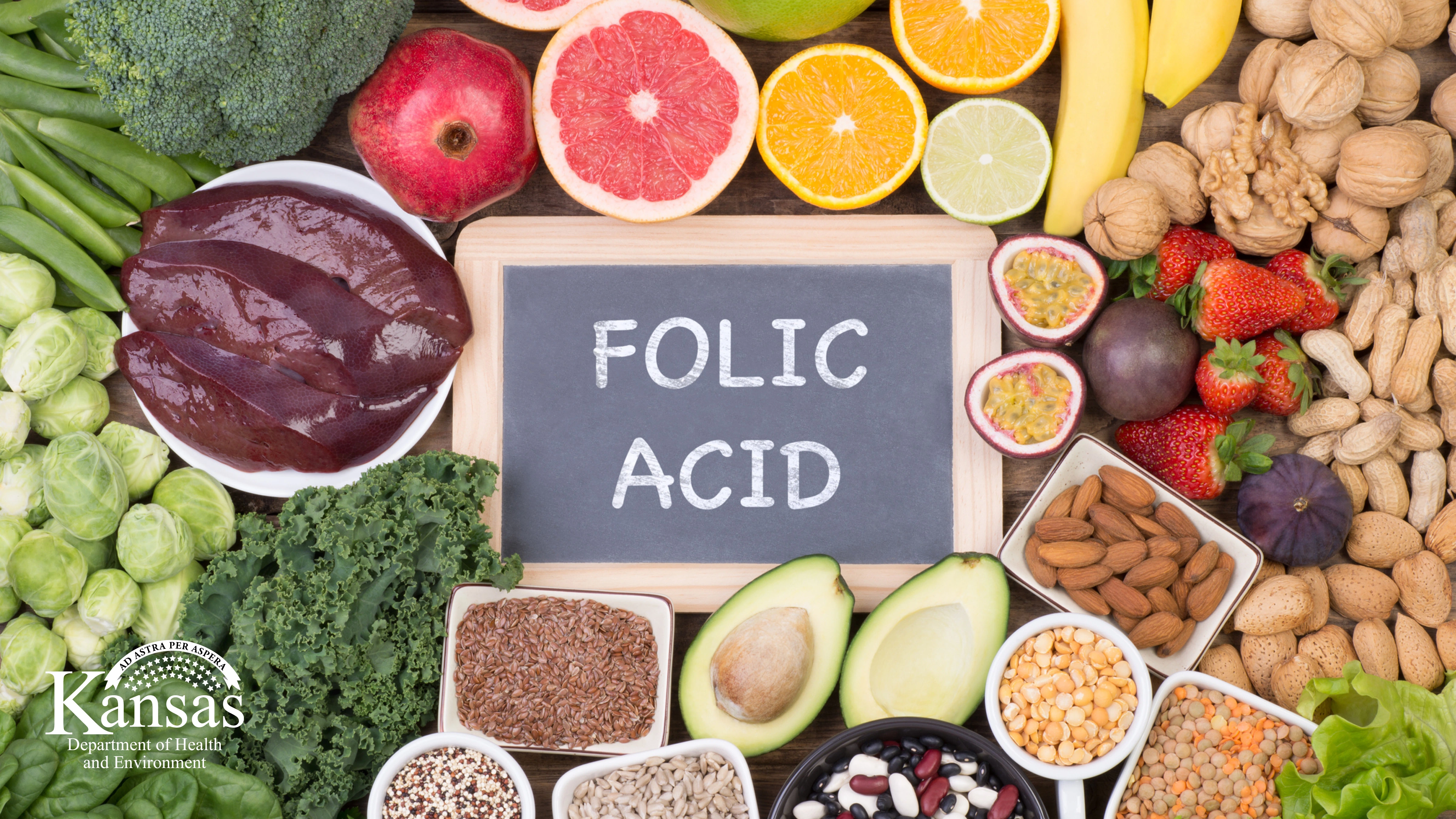
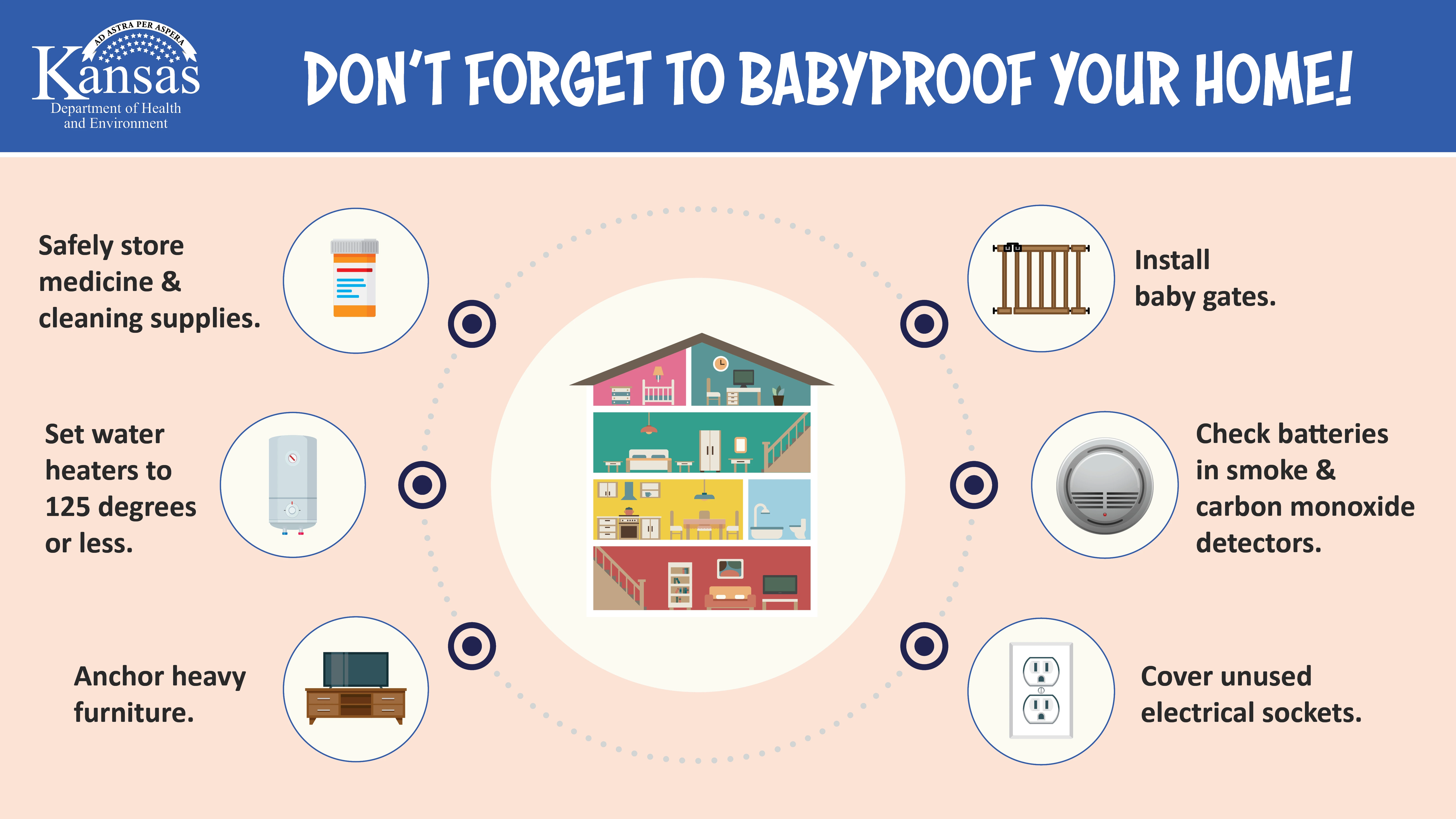
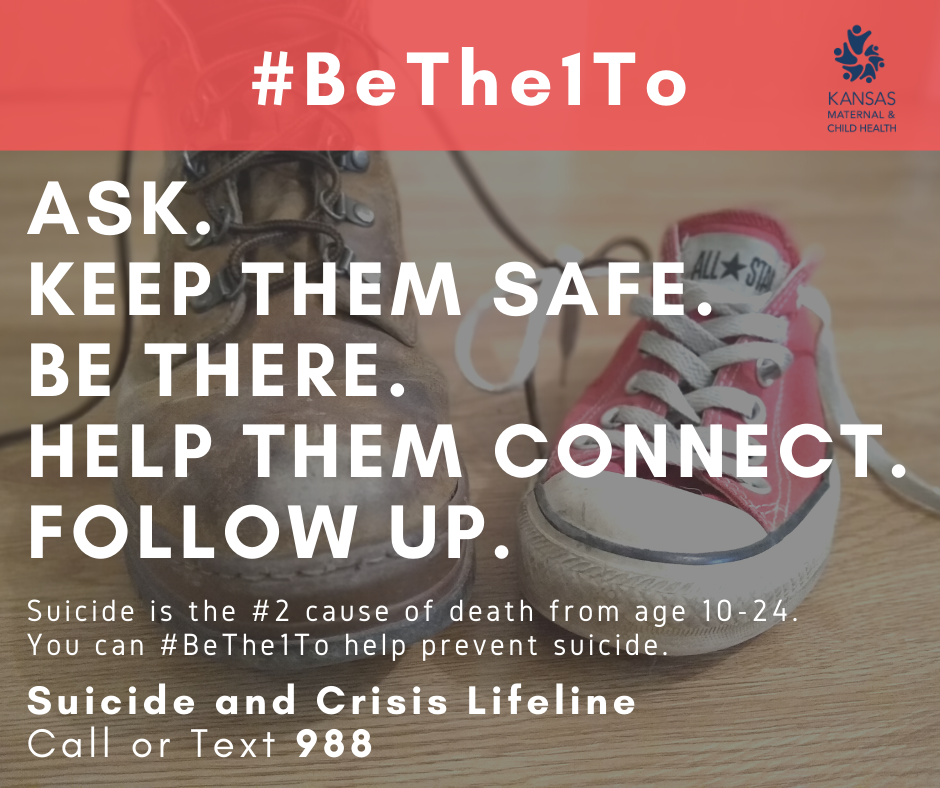
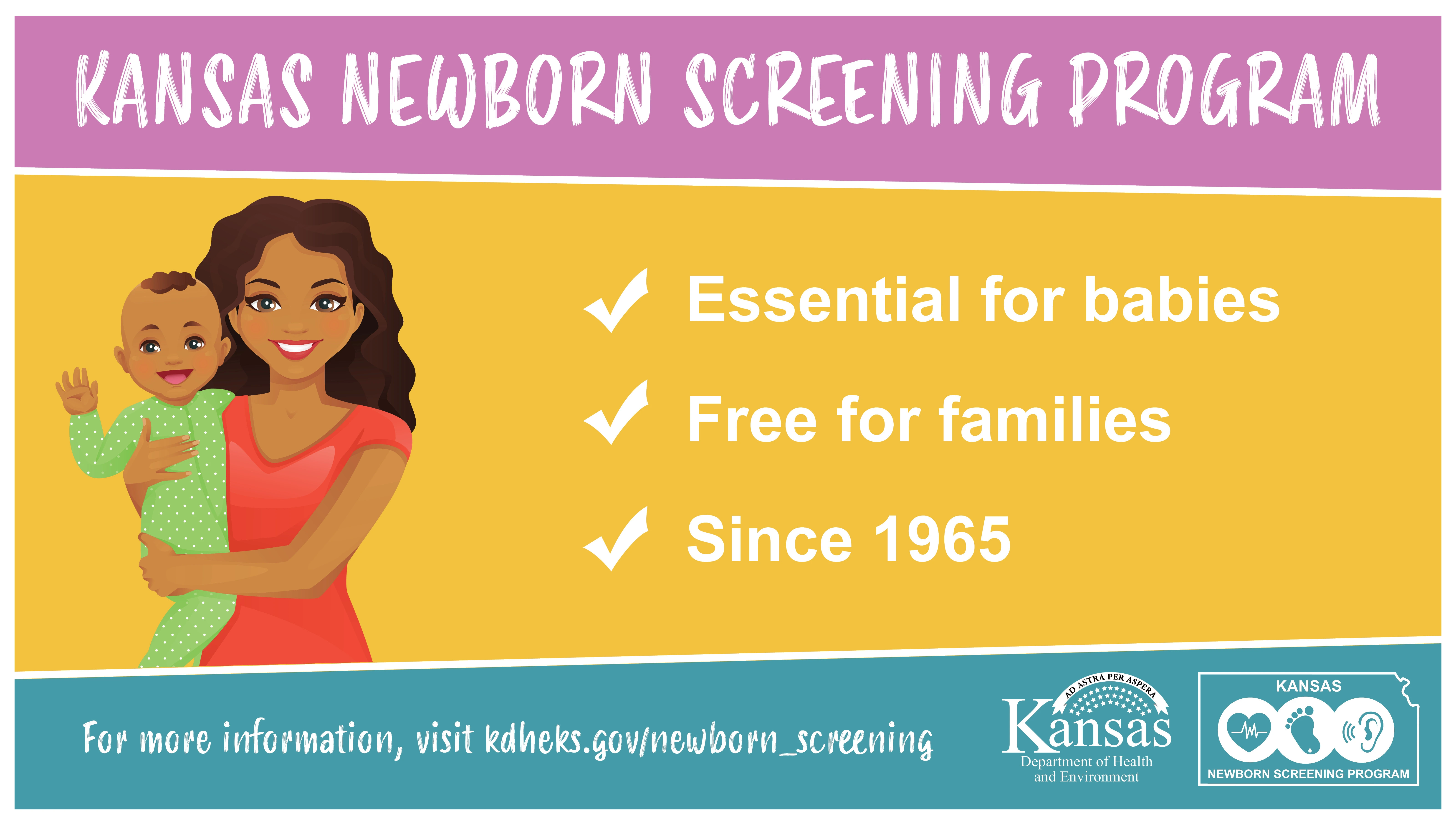
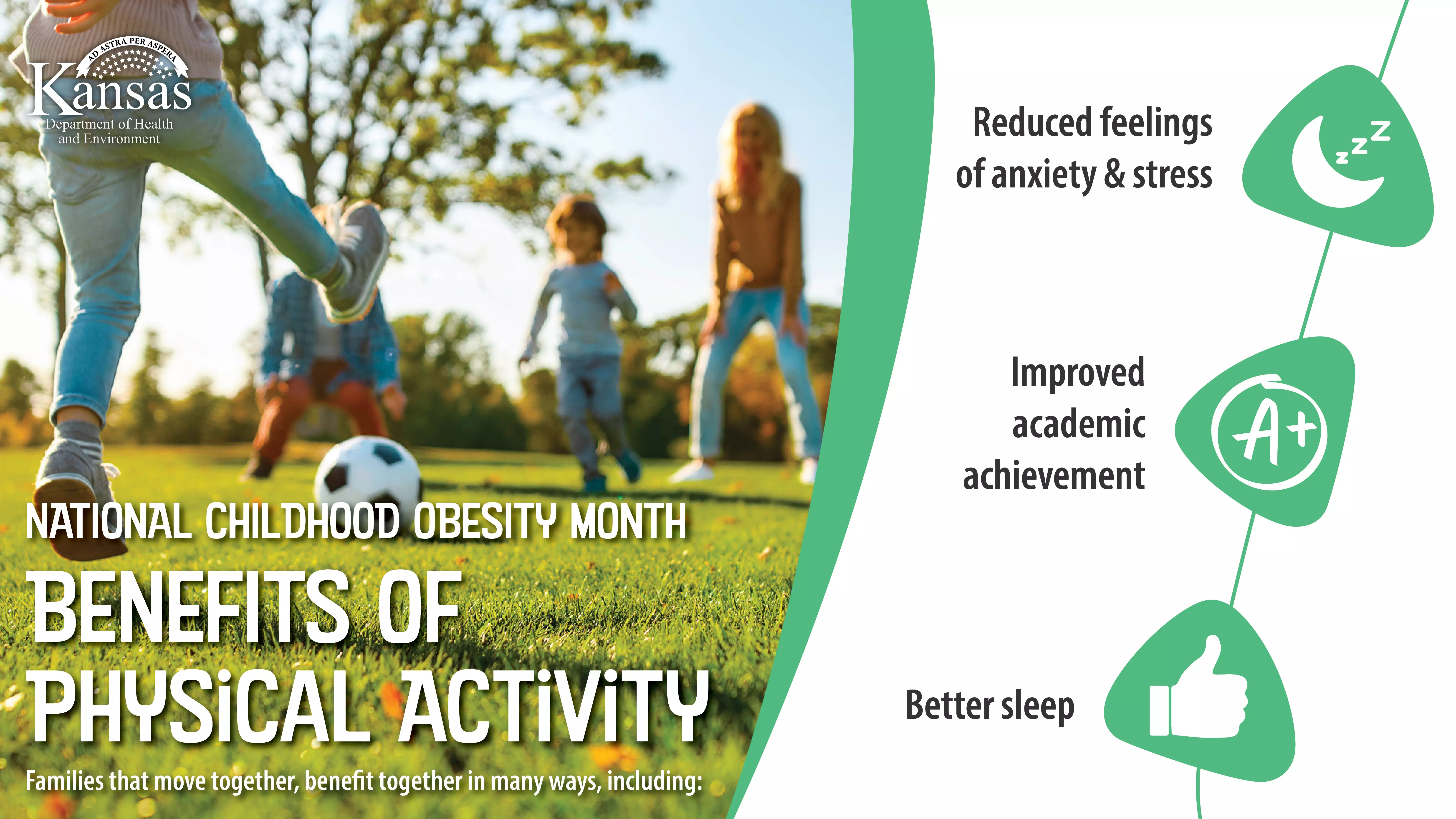

.png)
